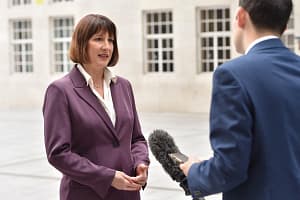Trustees of defined contribution (DC) schemes redirecting contributions made during COVID-19 to alternative funds should check they’re not unintentionally breaching pension legislation.
DC schemes may have members who have self-selected investment in funds, such as property, that have been temporarily closed – or ‘gated’ – until the market normalises following COVID-19-fuelled market volatility. Contributions that come in during this period cannot be invested in these funds and so trustees will need to invest them in an alternative fund.
The Pensions Regulator (TPR) warned on Thursday, this may see these alternative funds become default arrangements for the purposes of legislation.
This would mean they would be subject to rules such as a charge cap (if the scheme is used for automatic enrolment) and the need for a separate Statement for Investment Principles for this default arrangement.
TPR’s view is the only ways a default arrangement would not be created are if:
- members were made aware funds could be diverted before they selected the original fund; or
- trustees subsequently obtained consent from members before diverting contributions.
Trustees should review the DC code of practice, which explains where a fund will be a default arrangement. They may need legal advice to check if their scheme is affected.
If they’ve unintentionally created a default arrangement should take immediate steps to ensure they meet legal requirements.
TPR has reassured trustees it will continue take a pragmatic approach, based on individual scheme circumstance, in deciding whether to take enforcement action.
However, it has warned it has no discretion in using its powers regarding chair’s statements and will continue to impose fines for non-compliance.






Leave a Comment